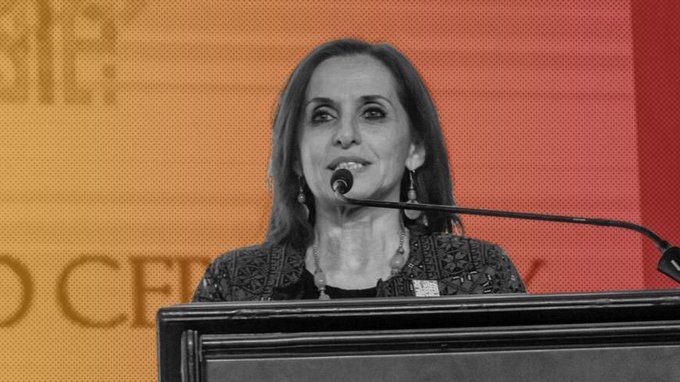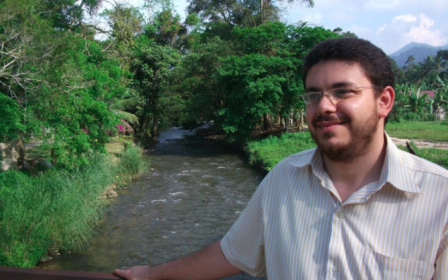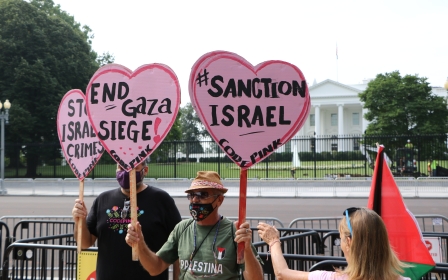Palestine: First woman elected as head of Engineers Association

Outspoken architect Nadia Habash has become the first woman to lead the Palestinian Engineers Association after winning its elections on Thursday.
Almost 11,000 Palestinian engineers were registered to vote on Thursday’s election of the association, which has a council of 15 members representing the profession in the occupied West Bank.
Habash has been active in denouncing the Palestinian Authority's politically motivated arrests of free speech activists and silencing dissent. In July, she was arrested during a sit-in protest by PA forces, along with her two children, before being released.
Habash, 60, headed the “Determination List” in the polls - endorsed by the left-wing Popular Front for the Liberation of Palestine (PFLP) and Hamas - competing against the “Palestinian Engineer” list backed by the ruling Fatah party.
She will lead the Engineers Association for three years, until 2024, while Nathr al-Barghouti will be her deputy, Riyadh Awad will be the head of finance, and Izzdin Abu Gharbieh as the secretary-general.
New MEE newsletter: Jerusalem Dispatch
Sign up to get the latest insights and analysis on Israel-Palestine, alongside Turkey Unpacked and other MEE newsletters
Habash is a well-known Palestinian architect, who was born in Jerusalem and studied architectural engineering at the University of Jordan in Amman.
In 1982, following her graduation, she became a member of the Palestinian Engineers Association and became the first woman to win the presidency of the association's Jerusalem branch.
She studied a high degree at the University of Michigan before returning home to teach at Birzeit University, north of Ramallah, and founded the Department of Architectural Engineering.
She left academia for five years, returning in 2002, during which she launched her private architecture and engineering office.
Habash has won numerous awards and is celebrated for preserving and renovating old houses and markets such as Araba Palaces, historical Palestinian buildings near Jenin town; the old city of As-Samu, a town near the city of Hebron; and the vegetable market in the city of Bethlehem.
In 2019, she was named by the Middle East Architect magazine as one of the 50 most influential architects in the Arab world.
Israeli authorities placed a travel ban on Habash for 29 years, between 1988 and 2017, which prevented her from participating in lectures and attending conferences.
On Thursday, Habash thanked Palestinian engineers for entrusting her and ensuring the election was "democratic."
Middle East Eye delivers independent and unrivalled coverage and analysis of the Middle East, North Africa and beyond. To learn more about republishing this content and the associated fees, please fill out this form. More about MEE can be found here.





